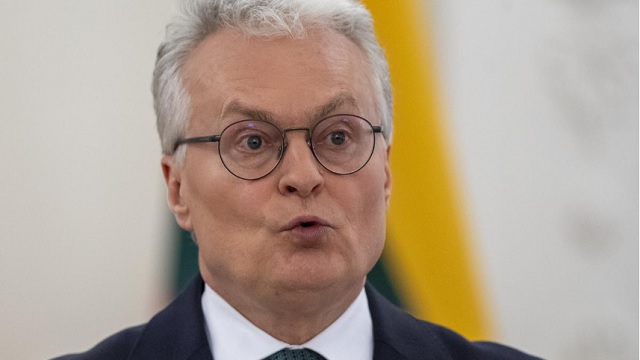Lithuania’s Presidential Election Amid Russian Tensions and Geopolitical Concerns
As Lithuania prepares for its Presidential election on May 12, tensions rise in the Baltic region over Russian advances in Ukraine. Incumbent President Gitanas Nausėda is favored to win another five-year term, but a runoff is likely as there are eight candidates in the race. The President’s main responsibilities include overseeing foreign and security policy and acting as the supreme commander of the armed forces, crucial roles given Lithuania’s strategic location along NATO’s eastern flank.
Concerns about Russia’s gains in Ukraine are significant in Lithuania, Latvia, and Estonia, all of which declared independence after the collapse of the Soviet Union. President Nausėda, a moderate conservative, has been a staunch supporter of Ukraine and has provided refuge to those fleeing authoritarian regimes in Belarus and Russia. While Nausėda leads in the polls, his main opponents include populist lawyer Ignas Vėgėlė and Prime Minister Ingrida Šimonytė. Additionally, a referendum on allowing dual citizenship for Lithuanians living abroad is also on the ballot, aiming to amend the constitution to address the declining population of the country.

